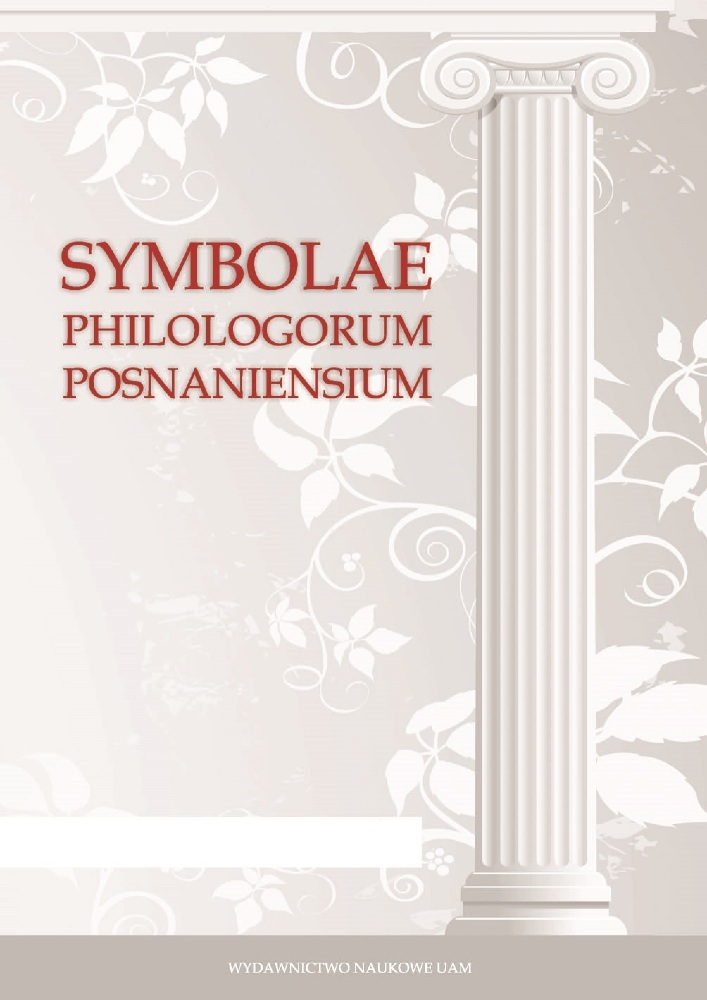Abstract
A tripartite approach is proposed in order to get hold of the complex phenomenon of trust and perfidy in classical literature. In a first part two cases of political treason are discussed: the most prominent victim of treason, Julius Caesar, who was very much surprised when he saw Brutus among his assassins, and the greatest traitor in antiquity ever, Alcibiades. Protean perfidy, however, is a gender-crossing issue, and a second part is dedicated to literary figures, in particular to women. Aeschylus’ Clytemnestra is an outstanding example of a perfidious character. Finally, a third part is concerned with words, for πίστις and fides have attracted the attention of classical scholars and structural linguists alike. At the beginning, however, Hamlet is introduced, an expert both in trust and perfidy as well as in classical literature.
Downloads
Download data is not yet available.
